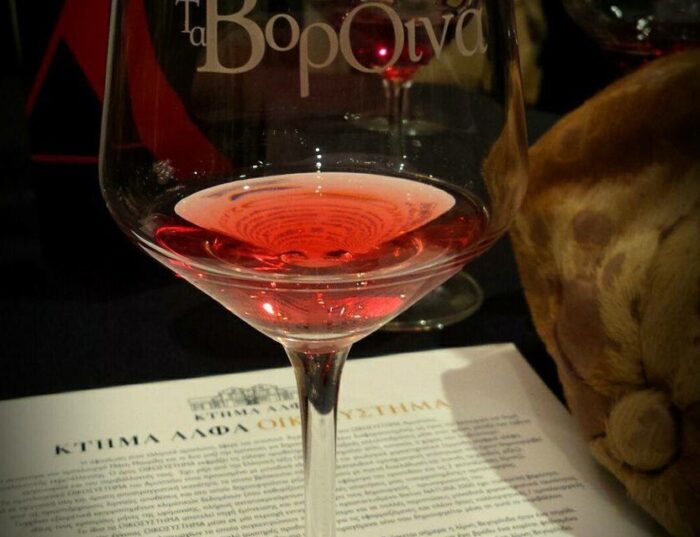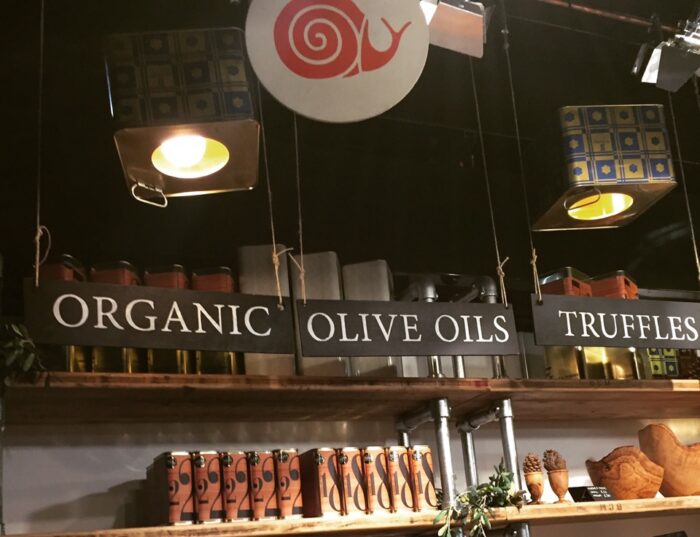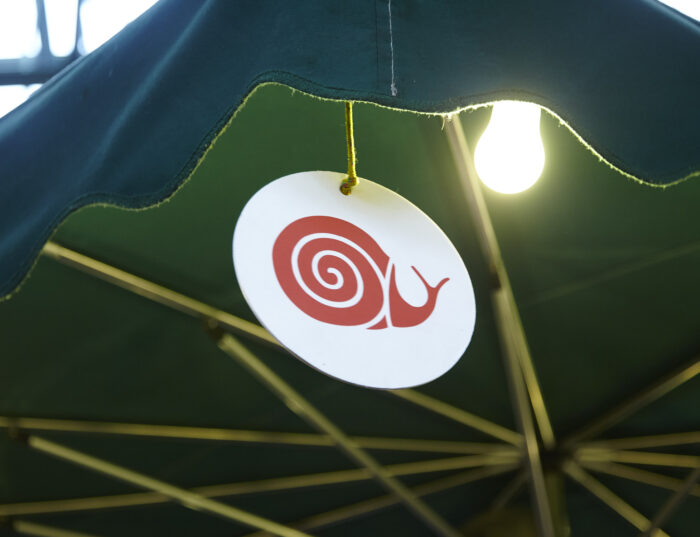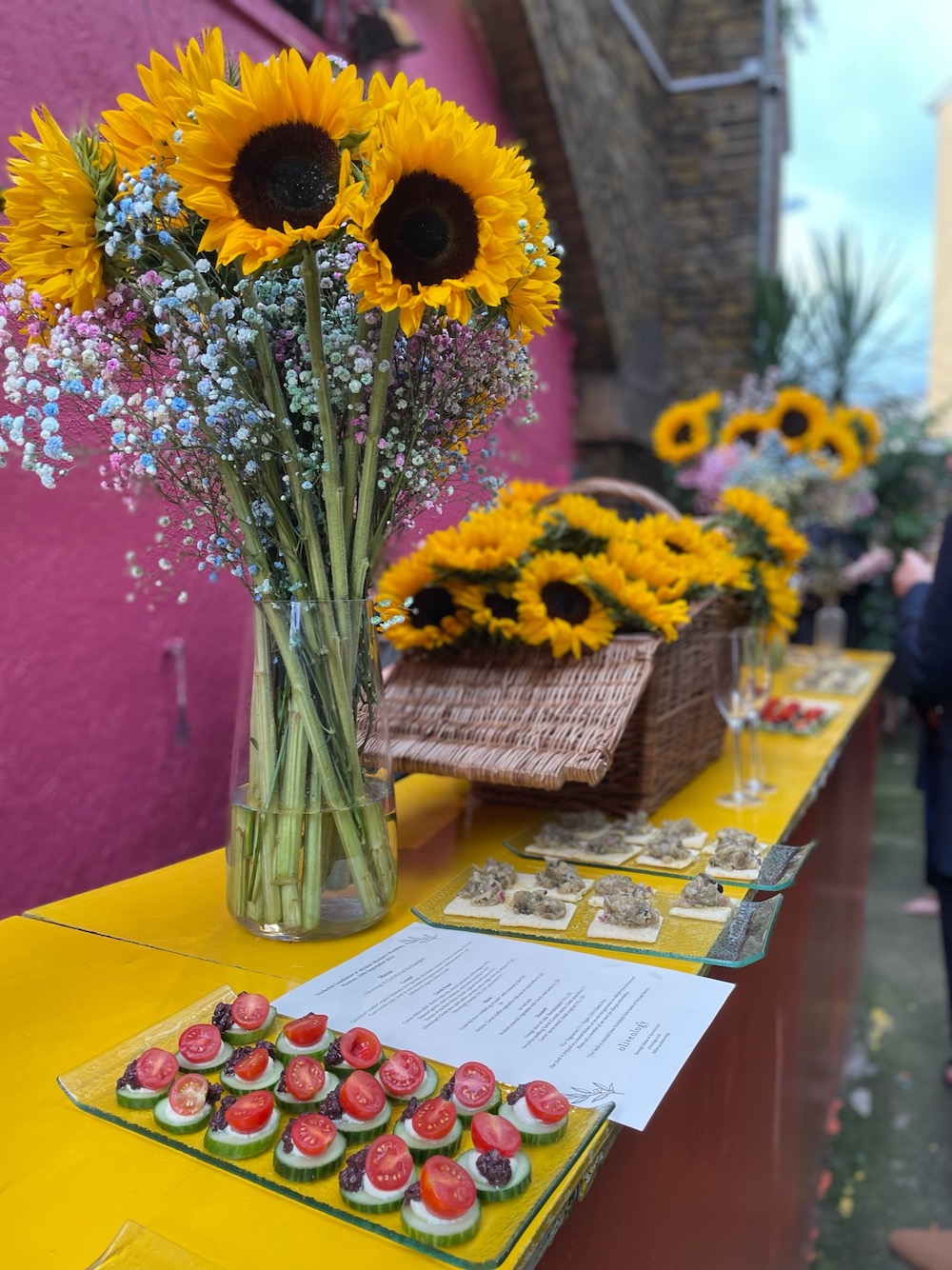As this year has come to an end, we reflect on the very challenging times that our world is going through, with warfronts and political instability surrounding many of us. We are devastated and our hearts go out to all those who suffer. Amidst all these events, we turn our gaze back home, to Greece. Over the last year, our producers have been sharing the challenges they have been facing along very unpredictable seasons and weather conditions. These news have affected us deeply. In solidarity with our producers, we would like to share our thoughts with you.
We all know how climate change has been affecting the food chain, and our daily lives, but we are now living in a time when the impact is not only visible, but very much felt.
The last year has been very difficult as our producers faced unpredictable weather conditions. There was heavy rain from late spring, followed by unbearable heatwaves and wildfires in the summer, then rain again in autumn with catastrophic floods in Thessaly, one of the largest agricultural regions of the country. These extreme weather conditions resulted in flowers, seeds and entire crops that had been harvested to be ruined; to the lower quality of much of the remaining plants.
Faced with unprecedented challenges, our producers are trying to adapt, trying to learn how to best face these new realities that they are now experiencing. But as they say, it’s often as if fighting with an invisible enemy. Each one faces their own challenge and battle, depending on the resilience of crops, location, soil composition, elevation etc.
Yiorgos, our olive oil producer, shared how the rain ruined all the olive trees’ blossoms, making it unlikely to fruit. Even though olive trees are said to be very resilent, they are deeply affected by such unforeseeable weather conditions. The heatwave resulted in entire crops being ruined, shares Konstantinos, our pistachio producer. Olive oil, olives, grapes and by extension wine and raisins, but also pulses, nuts and fruits, plants have been affected with entire crops being deplenished or with shortages of supply. More than 100.000 animals have been killed dring the floods in Thessaly in mainland Greece, which affected meat, but also cheese and dairy supply chains. This is all happening in a country where there are many small family farms and no large consolidated plots of land.
The situation is very concerning and more so as we are uncertain of the impact climate change will have in the following years. We know that we must be prepared for multiple long-term consequences in Greece’ agricultural production. The terroir is changing. Some plants may become extinct, if every year they are being deplenished. Gigantes beans, are a fragile, sensitive crop, particularly affected by weather fluctuations and especially by heavy rainfall, as Yiannis, our producer shares. For the last few years it has always been uncertain if they would survive.
We are dealing with an environmental destruction, with consequences in local economies, but mostly, with precarity in people’s livelihoods. You see, historically, Greece has been an agricultural country, and as a result, people’s lives are interlinked with the land. The damages to the flowers, seeds, but also to crops that have already been harvested are affecting not only whatever harvest is left, but also our producers’ survival.
More, lower or of lesser quality production means increased prices, and though we have done our best to absorb much of these increases, they are affecting us all. Especially the olive oil production is faced with great challenges and unprecedented price increases, that turn olive oil into liquid gold. This is culturally unsettling for us, as olive oil is a staple, something we use every day in our cooking, something we want all to be able to afford.
What can one do when faced with such a global catastrophe?
Our philosophy is that the food that we buy and the choices that we make have an impact not only in our body and overall wellbeing, but also, they affect the survival of heritage crops, and of the people who cultivate them. Sourcing food is therefore not only an economic choice, but also a social one: we at Oliveology will do our best to support our heritage crops from becoming extinct; to support those who care for those lands and the natural environment. To do so, we source our ingredients directly from our producers. That way, we are able to also ensure their good quality and maintain our prices as low as possible.
We also buy less food, but food of better quality. We plan our meals, cook in larger batches, cook from scratch, waste less. We avoid blended and other adulterated goods, commercially processed or with additives. For us, it is better to spend our limited budget to food that matters, that is good both for our bodies, but also for the environment and for those who work with the land. We have always supported regenerative farming that uses organic and sustainable practices; food made with love, care and expertise.
As we are entering this new year, join us, as we try to navigate the uncertainty of the world around us, one trip to the market at a time.




